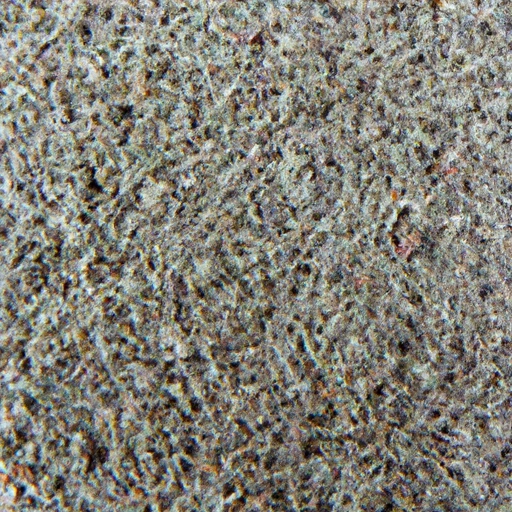Ajwain
Description

Ajwain, also known as carom seeds or bishop's weed, is a widely used spice in culinary traditions, revered for its aromatic intensity and medicinal properties. Tiny in size but mighty in flavor, ajwain seeds are an indispensable component in a variety of dishes, adding a complex flavor profile that is simultaneously bitter, pungent, and slightly peppery with a hint of thyme.
Common uses
Ajwain seeds are commonly used to flavor bread, biscuits, and confectioneries. They are also a popular addition to legume dishes, pickles, and savory pastries. The spice is often used in small quantities due to its potent flavor, which can easily overpower a dish if used excessively.
Nutritional value
Calories
A teaspoon of ajwain seeds, weighing approximately 2 grams, contains about 5 calories.
Protein
Ajwain provides a modest amount of protein, with a teaspoon offering around 0.3 grams.
Fat
The seeds contain a small amount of fat, approximately 0.1 grams per teaspoon.
Carbohydrates
Carbohydrates are present in ajwain, with a teaspoon yielding about 1 gram.
Vitamins
Ajwain seeds contain trace amounts of vitamins such as thiamine, riboflavin, and niacin.
Minerals
The spice is rich in minerals including calcium, phosphorous, iron, and magnesium, which are crucial for various bodily functions.
Health benefits
Ajwain is reputed for its potential health benefits including aiding digestion, relieving indigestion, and having antifungal and antibacterial properties. It is also believed to improve cholesterol levels, reduce blood pressure, and offer relief from cough and cold symptoms.
Potential risks
While ajwain is generally safe when consumed in culinary quantities, excessive intake may lead to side effects like heartburn, dizziness, or nausea. Pregnant women and individuals with liver disorders should use the spice cautiously.
Common recipes
Ajwain is a star ingredient in Indian flatbreads like parathas and puris, as well as a seasoning in dals (lentil stews) and vegetable dishes. It is also used in Middle Eastern za'atar spice blend.
Cooking methods
The seeds are often dry-roasted to enhance their flavor before being ground or added whole to dishes. Ajwain can also be cooked in ghee or oil as part of a tadka (tempering) to release its aromatic oils.
Pairing with other ingredients
Ajwain pairs well with other spices such as cumin, fennel, and coriander. It complements the flavors of legumes, potatoes, and bread, and can be used to season fish and chicken.
Summary
Ajwain is a potent spice that offers depth and complexity to dishes across various cuisines. With its distinct flavor and array of health benefits, it's a valued addition to any kitchen. When used in moderation, ajwain can elevate the taste of your recipes while contributing to your overall well-being.